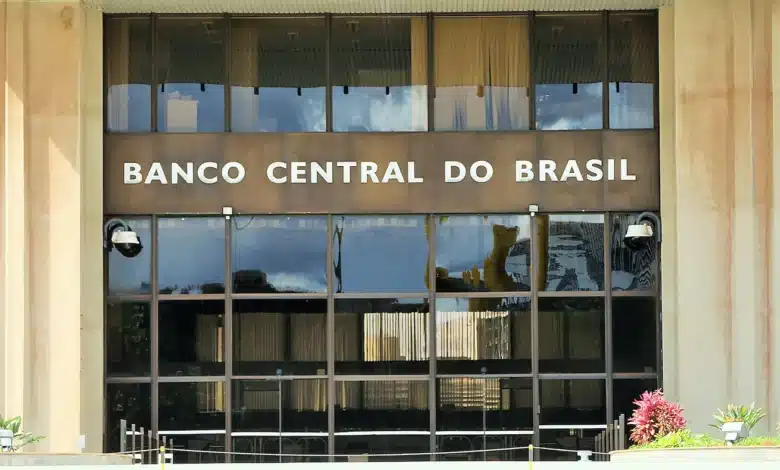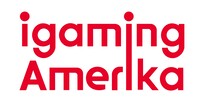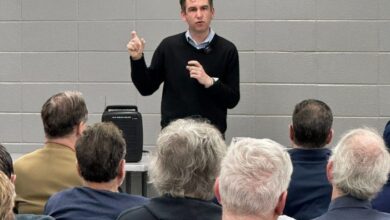Brazil Central Bank President Highlights Need for Greater Authority to Combat Illegal Betting

Gabriel Galípolo, president of the Central Bank of Brazil, addressed the parliamentary inquiry commission (CPI) on betting this week, stating that the bank does not possess the necessary powers to block illegal betting sites. During a meeting of the CPI on Tuesday, April 8, Galípolo was questioned regarding the Central Bank’s capability to sanction internet providers and payment institutions that facilitate illegal betting in Brazil.
In his response, Galípolo explained that the responsibility for monitoring and sanctioning the betting sector lies solely with the regulator, the Secretariat of Prizes and Bets (SPA). He emphasized that the Central Bank requires additional powers in this domain, stating, “The SPA is the one that defines which bet is authorised or not.” He further clarified that once the SPA informs the Central Bank about a non-compliant gambling company, the bank can only advise a financial institution to stop providing services to that entity. The Central Bank does not have the ability to intervene in transactions; that authority rests solely with the financial institutions involved.
Galípolo attributed the rise of illegal betting sites to the period of uncertainty that occurred between the initial approval of online betting legislation by the national congress in 2018 and the final implementation of regulations in 2023. The Central Bank’s executive secretary, Rogério Antônio Lucca, estimated that illegal betting in Brazil will account for between BRL20 billion (£2.6 billion/€3 billion/$3.3 billion) and BRL30 billion monthly this year.
In March, the SPA issued Normative Ordinance No 566, which aimed to clarify reporting procedures for payment methods that have been processing transactions related to illegal betting sites. During the meeting, Senator Dr Hiran Gonçalves, the CPI’s chair, raised concerns about the Central Bank’s oversight of these punitive measures, expressing his belief that there exists a “legal vacuum” regarding the authority of government bodies to curtail illegal betting.
Senator Soraya Thronicke, the CPI’s leader, pointed out that the SPA holds the exclusive sanctioning power over illegal betting companies. She inquired whether the Central Bank could take action against payment institutions facilitating illegal betting transactions. Galípolo reiterated that the Central Bank only possesses the authority to act if an illegal betting site is involved in financial crimes like money laundering. “We do not have the legal authority to act on transactions involving illegal bets,” he stated. “This is outside our scope of authority.” He added, “What we can do is, in the scope of preventing money laundering and financing terrorism, we act so that these institutions have these controls and procedures to communicate.” However, he acknowledged that flagged activities often go directly to COAF (Financial Activities Control Council), the Public Prosecutor’s Office, and the Federal Police.
Read also: Panama Lottery Vendors Demand Full Investigation After Allegations of Irregularities
In a separate development, SPA leader Regis Dudena confirmed last week that betting with social welfare funds will be prohibited in Brazil, with an ordinance on the issue anticipated soon. However, he cautioned that implementing this ban may prove challenging, citing the National Secretariat of Citizen Income (Senarc)’s indication that only 1% of Bolsa Família recipients access their benefits via physical cards. The remaining 99% use bank accounts, making it ineffective to block the Bolsa Família card from being accepted on betting sites.
Galípolo conveyed that the Central Bank lacks the necessary powers to enforce this ban, asserting, “Today, the Central Bank has no authority to impose this type of restriction on people who receive Bolsa Família from placing bets. It is not within our jurisdiction, scope, nor does it have the authority to do so.” Brazil Central Bank Illegal Betting














